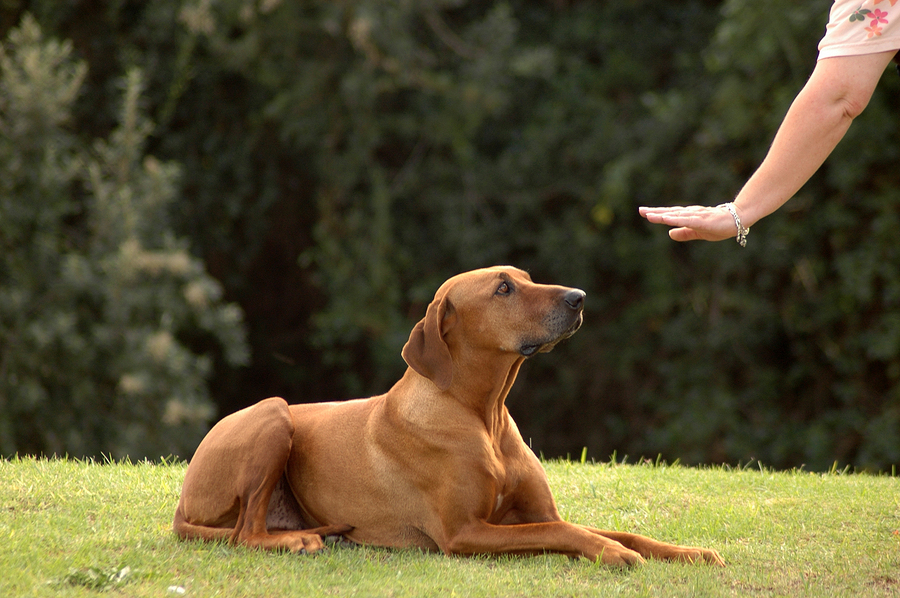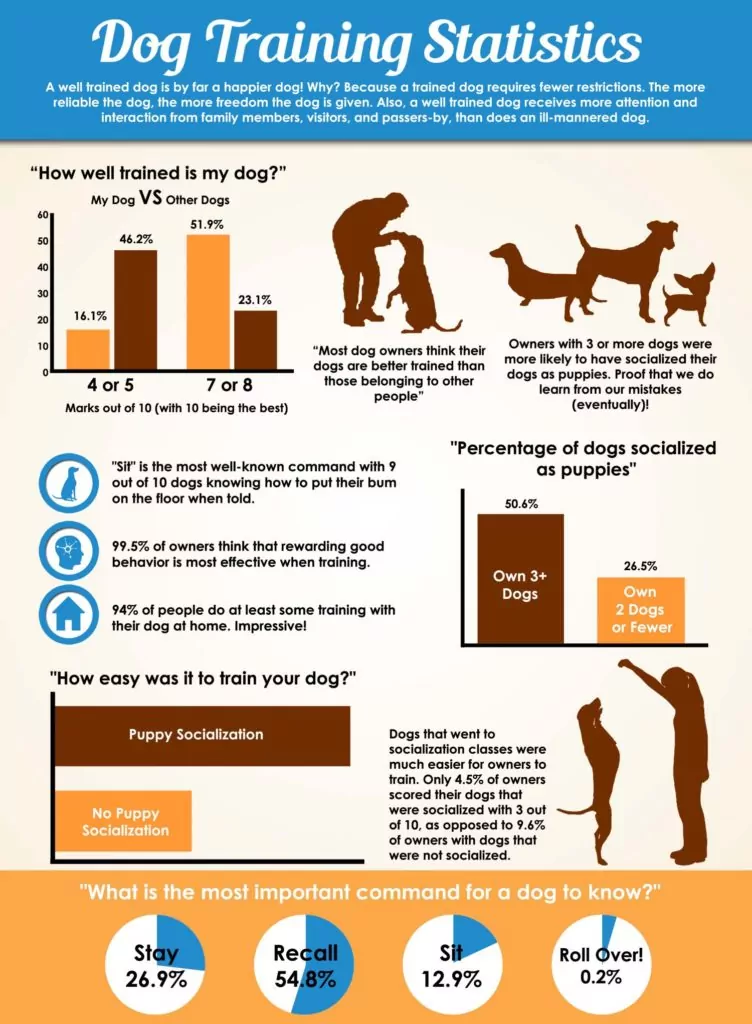Begin Your Animal's Trip with Effective Dog Training For Dogs
Begin Your Animal's Trip with Effective Dog Training For Dogs
Blog Article
Leading Canine Educating Techniques for every single Phase of Your Dog's Life
Efficient pet dog training is essential at every phase of a dog's life, as each stage presents special challenges and opportunities for growth. It is crucial to identify that training should progress together with a dog's advancement, ensuring that methods remain relevant and efficient.
Puppy Training Fundamentals
Puppy training basics prepared for a well-behaved grown-up pet dog and involve several key components that ought to not be neglected. The preliminary stage of training focuses on developing a strong bond between the puppy and its owner, which is crucial for reliable interaction. Socializing is vital; revealing young puppies to various atmospheres, people, and other pets assists them establish confidence and flexibility, lowering the probability of behavior issues later on in life.
Fundamental commands, such as rest, remain, and come, develop the structure of obedience training. Making use of positive support techniques, such as treats and praise, encourages wanted actions and fosters a favorable discovering experience. Consistency in commands and training sessions is important, as pups flourish on routine and framework.
In addition, home training is an essential facet of puppy training. Establishing a normal routine for restroom breaks and utilizing marked locations can help lessen mishaps and promote great habits. Overall, an all-round technique to puppy training, integrating obedience, socializing, and home training, establishes the phase for a well-adjusted grown-up canine, ensuring an unified connection between the pet and its proprietor.
Teen Actions Administration
As puppies develop into teens, their habits can transform significantly, commonly providing new difficulties for owners. This developing phase, usually taking place in between 6 months and 2 years, is noted by heightened power levels, interest, and a blossoming sense of independence. Recognizing these modifications is important for reliable actions monitoring.
Adolescents might show defiant tendencies, such as ignoring commands they previously understood or participating in harmful behaviors. Uniformity in training stays paramount; enhancing discovered actions via positive support can assist counteract these challenges. Brief, interesting training sessions are essential to keep their rate of interest and emphasis.

In addition, establishing an organized routine can substantially improve a teenage dog's complacency. Routine workout is important to channel their energy positively, reducing the possibility of unfavorable habits. By employing these strategies, owners can successfully navigate the complexities of adolescent behavior, fostering a well-adjusted, delighted canine companion.
Adult Canine Obedience Strategies

Positive reinforcement stays a crucial method; satisfying etiquette with deals with, praise, or play motivates compliance. Consistency is crucial; the exact same commands and incentives should be utilized by all household participants to prevent confusion.
Integrating training right go to website into daily routines can also work. For instance, technique commands during walks or meal times, permitting training to mix perfectly right into everyday life. Taking part in organized tasks, like agility training courses or obedience courses, can additionally enhance a pet dog's skills while giving important socializing chances.
It is important to identify that adult canines may additionally show stubbornness or complacency. Readjusting training techniques to maintain their rate of interest, such as varying benefits or presenting new commands, can assist receive inspiration. Generally, a continuous commitment to obedience training will certainly cultivate a well balanced and well-behaved adult pet.
Elderly Canine Adaptation Techniques
Recognizing the special demands of elderly pet dogs is crucial for ensuring their convenience and well-being. As pets age, they may experience a decrease in mobility, vision, and cognitive function, necessitating tailored adaptation strategies.
First, think about changing the living setting. Guarantee that the home is safe and easily accessible; get rid of barriers and provide non-slip surface areas to avoid drops. In addition, think about making use of steps or ramps to help them access their preferred areas.
Second of all, workout needs to be adapted to represent decreased stamina and joint health and wellness (Dog Training For Dogs). Take part in much shorter, more regular strolls, and integrate gentle wikipedia reference tasks like swimming, which can be helpful for arthritic joints
Furthermore, psychological stimulation remains important. Usage basic challenge playthings or engage in scent work to maintain their minds sharp, while preventing frustrating jobs that might annoy them.
Lastly, regular veterinary examinations are vital to keep an eye on health and wellness adjustments and readjust treatment routines appropriately. By implementing these adaptation approaches, you can boost the quality of browse around these guys life for your senior dog, guaranteeing they age beautifully and easily.
Lifelong Learning and Enrichment
While pets of any ages take advantage of finding out and psychological excitement, long-lasting enrichment is especially important for maintaining cognitive health and wellness and emotional well-being in both senior and more youthful pet dogs. Involving activities not only improve a dog's lifestyle yet also strengthen the bond in between the dog and its owner.
Enrichment can take various forms, consisting of interactive playthings, problem feeders, and scent job, which stimulate a pet dog's senses and motivate problem-solving. Regular training sessions, incorporating brand-new commands or techniques, keeps their minds sharp and advertises a feeling of success. Socializing with various other dogs and people is similarly essential, as it assists stop behavioral issues and promotes versatility.
Furthermore, including physical exercise right into a pet dog's routine is crucial for total health and wellness. Activities like dexterity training, fetch, or long walks offer both physical and psychological stimulation, making certain dogs stay satisfied and engaged.
Finally, think about differing the setting by introducing brand-new areas for strolls or playdates. This adjustment can reignite a pet's inquisitiveness and interest for expedition. Lifelong knowing and enrichment not just add to a satisfying life but additionally promote an unified relationship with your canine companion.
Conclusion
Reliable canine training techniques evolve throughout a dog's life, dealing with the distinct needs of each developmental stage. Emphasizing normal mental stimulation, socializing, and physical workout fosters a well balanced and meeting life for dogs.
Efficient pet dog training is vital at every stage of a dog's life, as each phase provides special challenges and opportunities for growth.Puppy training basics lay the groundwork for a well-behaved adult dog and entail a number of key parts that should not be ignored. On the whole, an all-round technique to puppy training, including obedience, home, and socialization training, establishes the stage for a well-adjusted adult pet, ensuring an unified partnership in between the family pet and its proprietor.
Several pet proprietors may discover that adult dogs, while generally more stable in behavior than their adolescent equivalents, still require constant training to maintain obedience and excellent manners.Efficient canine training methods evolve throughout a canine's life, resolving the special needs of each developing stage.
Report this page